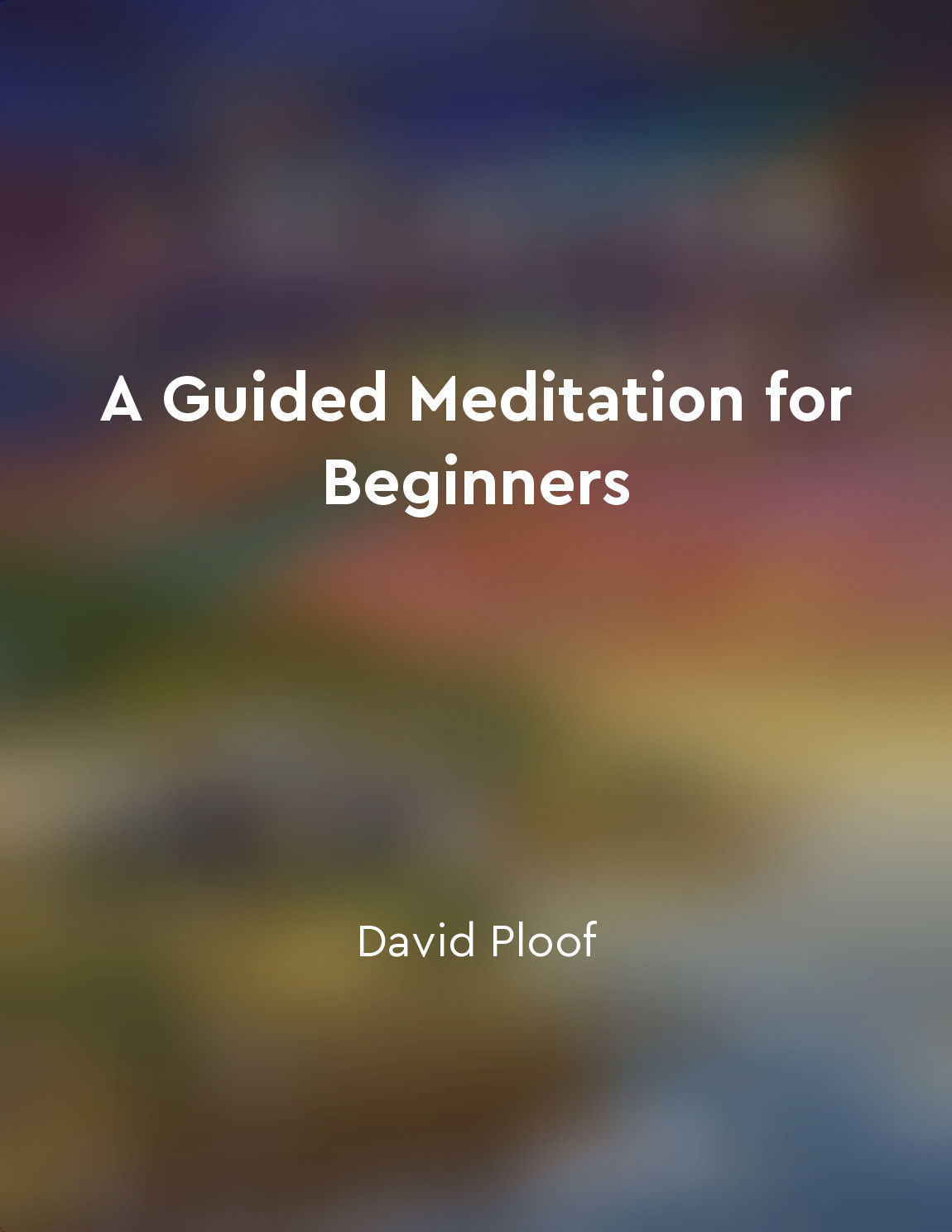Audio available in app
Selfcontrol leads to inner peace from "summary" of Tirukkural by Tamil Poet Tiruvalluvar
Self-control, the mastery of one's desires, is the key to achieving inner peace, according to the sage Tiruvalluvar in his revered work, the Tirukkural. Tiruvalluvar emphasizes that self-control is the foundation upon which inner peace is built. By restraining our impulses and desires, we can attain a state of tranquility and harmony within ourselves. Tiruvalluvar highlights the importance of self-control in various aspects of life, including our emotions, actions, and thoughts. He suggests that by exercising restraint over our emotions, we can avoid unnecessary conflicts and maintain a sense of equilibrium in our relationships with others. Similarly, by controlling our actions, we can prevent ourselves from engaging in harmful or destructive behaviors that may disrupt our inner peace. Furthermore, Tiruvalluvar emphasizes the significance of controlling our thoughts, as our mental state has a profound impact on our overall well-being. By practicing mindfulness and refraining from succumbing to negative or harmful thoughts, we can cultivate a sense of inner peace that transcends external circumstances. In the Tirukkural, Tiruvalluvar presents self-control as a virtue that requires discipline, perseverance, and self-awareness. He suggests that by developing the ability to regulate our impulses and desires, we can free ourselves from the turmoil of conflicting emotions and achieve a sense of inner harmony that is not dependent on external factors.- Tiruvalluvar's teachings on self-control and inner peace serve as a timeless reminder of the power of self-mastery in attaining true happiness and fulfillment. Through conscious effort and self-discipline, we can cultivate a sense of inner peace that is resilient in the face of life's challenges, allowing us to experience a profound sense of contentment and serenity.
Similar Posts

Develop healthy coping mechanisms
One of the most important things we can do to overcome worry is to develop healthy coping mechanisms. When we face challenges o...
Treat all beings with respect and compassion
Treating all beings with respect and compassion is a core teaching in the Buddhist tradition. This principle stems from the bel...
Love yourself unconditionally before seeking love from others
To truly understand the concept of loving oneself unconditionally before seeking love from others, we must first delve deep int...
Freedom is a lifelong journey
The pursuit of freedom is not a one-time event, but rather a continuous process that unfolds throughout a person's life. It is ...
Set clear goals to enhance selfdiscipline
Goal setting is a fundamental component of self-discipline. Without clear goals, it is easy to lose focus, become distracted, a...
Live in alignment with your values
To live in alignment with your values means to act in a way that is consistent with the principles and beliefs that are most im...

Practice mindfulness in all aspects of life
The concept of mindfulness is a simple one. It means being fully present in whatever you're doing, whether it's eating, walking...

Practicing mindfulness in everyday life
Incorporating mindfulness into your daily routine involves being fully present in each moment, whether you are eating, walking,...
Cultivating gratitude and compassion
One of the most powerful ways to attract wealth and abundance into your life is by cultivating gratitude and compassion. When y...

Stay open to new possibilities
To stay open to new possibilities means to maintain a mindset of receptivity and flexibility. It is about being willing to embr...


